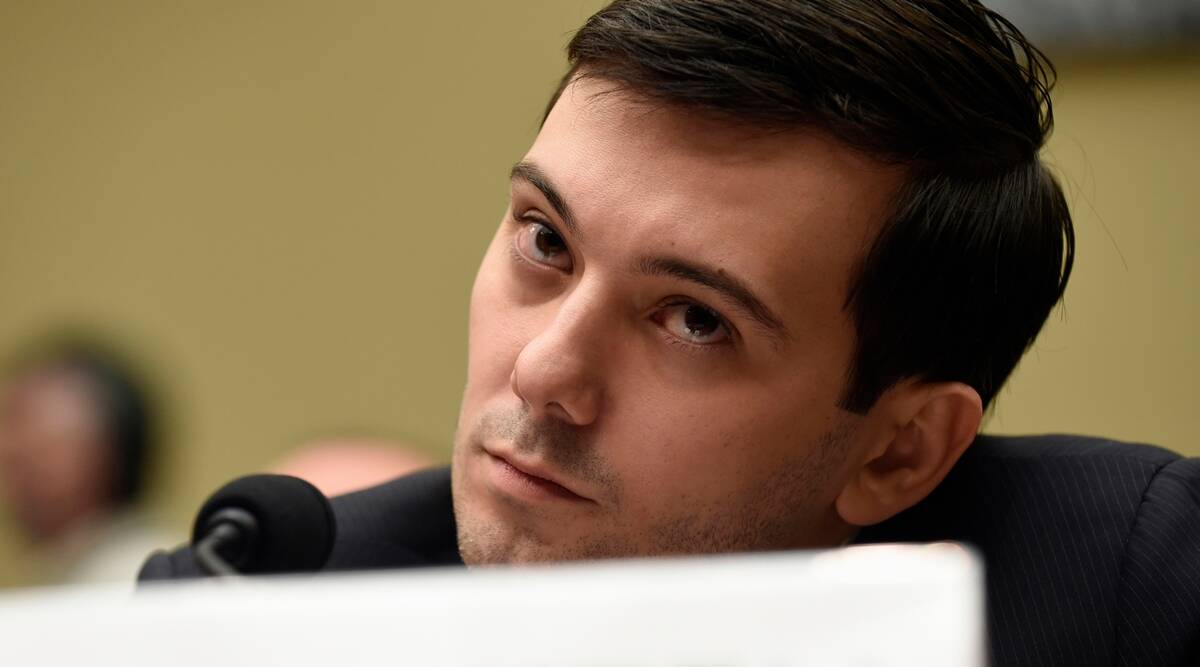
The European stage Angela Merkel commanded for so long and so effectively may be cracking, if not collapsing. She has been the poster woman for Europe’s democratic center, but the center is imploding. She and Germany have been a symbol of stability, but now even Germany is seen as politically unstable.
But the prospect of her departure — she announced this week that she will not run for another term as the German chancellor — has nonetheless created a degree of panic at the core of the European Union.
Ms. Merkel may be becoming more unpopular at home, and her influence over others may be waning. But to those who believed — and worked for — the dream of an ever-closer union, Ms. Merkel was considered fundamentally reliable, decent and committed to Europe and its values. She stood as a bulwark against the strutting populists who now run countries as varied as Italy, Hungary and Poland.
What Europe will do without Ms. Merkel is no small question, especially when nationalism is rising and Europe’s politics seem to be reorganized not along the usual left-right spectrum, but rather around who is for Europe, and who is against it.
“She provided the sense that someone was in control and could be counted on,” said Jan Techau, the Berlin-based director of the Europe program for the German Marshall Fund. “She gave the assurance that Germany was the reserve power in Europe on which you could depend. While she made mistakes, you could rely on Merkel even if you didn’t like her.”
Who can act as a counterbalance to the forces tearing at the bloc’s unity in her eventual absence — Ms. Merkel has said she would finish her term that ends in 2021, though that seems doubtful — is suddenly an urgent discussion.
Tomas Valasek, the director of Carnegie Europe, said that Ms. Merkel “created European consensus out of nothing,” and everyone wonders, “My God, who will do the job for her?”
[“source=businessinsider”]




















